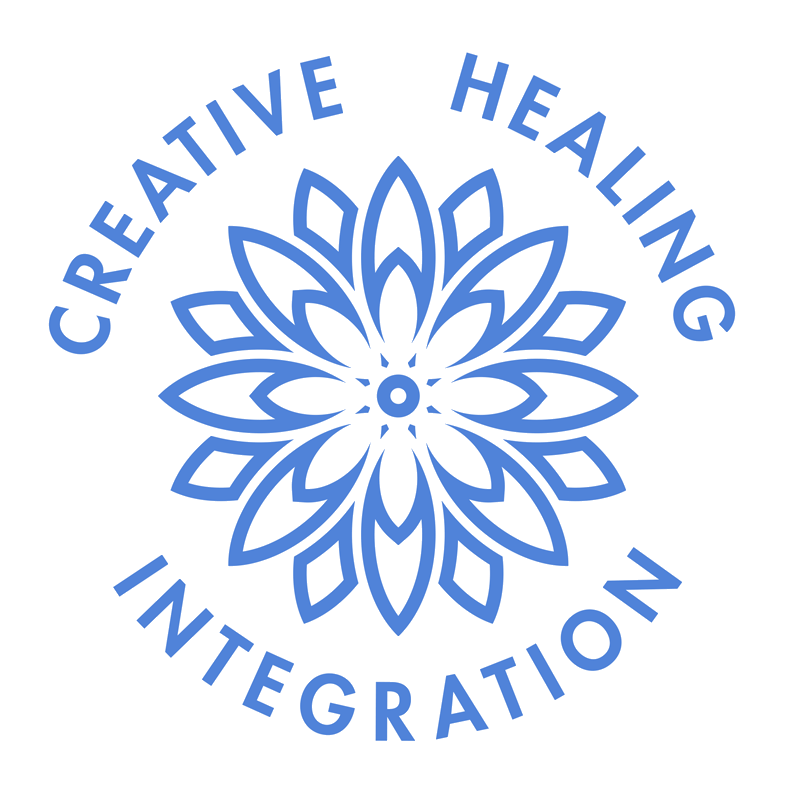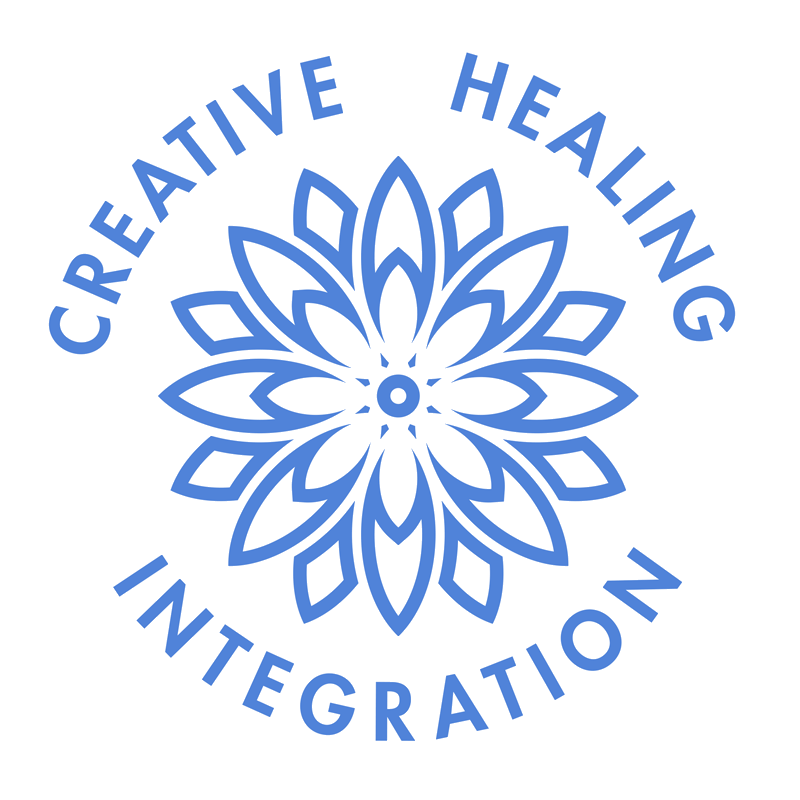Men and the Mother Wound

When we think of the relationship between a mother and her child, the image of a mother and daughter often comes to mind. But what about sons? This is a crucial question that needs to be addressed, as it directly impacts the psychological well-being of men.
Although the feminine aspect is involved, that does not mean it only affects women. Men just as easily are subject to being wounded by an early maternal presence, usually Mom, as any gender.
I recently watched “Beau is Afraid,” the movie starring Joaquin Phoenix. It is not an easy watch, but you get to experience what it is like to live inside a mother-wounded psyche, and his wound is deep. Watch the trailer
Even though the movie gets fantastical and metaphorical at times, I was aghast to see the Critical Mother Wound gaslighting her son and the Big Little Man Mother Wound earnestly trying to make sense of an impossible situation. (Mother Wounds I have classified.)
In case you want to see the movie for yourself, I do not want to ruin it for you; suffice it to say, I was disturbed by Beau’s experiences and, at the same time, astounded that my classification of male Mother Wounds and some female Mother Wounds were being performed in front of my eyes.
Mother Wounds are real, and most happen behind closed doors. Treatment for such wounds is minimized, judged, and dismissed, making seeking help more complicated than necessary.
Regrettably, many men do not actively seek support for this wound, even though it often simmers beneath the surface. However, it's crucial to remember that seeking support is a sign of strength, not weakness, and can be a powerful step towards healing.
In “Sons of Toxic Mothers”, I introduce you to the types of Mother Wounds seen in men. Once we can identify the type or types of wounds that are present, the work of clearing, cleaning, mending, and tending can take place.
It gets sticky if there is guilt, fear, or an unconscious devotion to an ideal that may or may not have ever been there. Keep in mind this is not just about your relationship with your mother but your livelihood, your own family, the quality of your relationships, your work, and even your sex life.
There are Healing Steps for Men with Mother Wounds, and I am sure they are helpful, but haven’t you already done that, tried that? It worked, but it got overwhelming, you got bored, you got busy. Yeah, hello, life!
I list some traditional ways to work with attachment wounds, and I think they are great; I use some, too. But I’m here to offer you a permission slip to be you, to own your experience, and to first acknowledge that it is there.
Go ahead and try any of these helpful steps. I’m sure some will help!
If you need more, what do you need?
What do you want?
Do you want a suggested reading?
Workshops, courses? There is a plethora. However, since you are here and reading this blog, you might want to see what my CHI-Creative Healing Integration™ program has to offer; find it here.
Healing Steps for Men with Mother Wounds
Acknowledge the Wound: The first step in healing is recognizing that the wound exists. This can be challenging, as it may involve confronting painful memories and emotions.
Seek Professional Help: Therapy can provide a safe space to explore and address these wounds. Consider finding a therapist who specializes in family dynamics or childhood trauma.
Educate Yourself: Understanding more about the Mother Wound can help demystify your experiences and validate your feelings. Reading books and articles on the topic can be very helpful.
Practice Self-Compassion: Be kind to yourself. Acknowledge that healing is a process and it’s okay to take your time.
Establish Boundaries: If your relationship with your mother is still affecting you negatively, it may be necessary to set healthy boundaries to protect your well-being.
Connect with Supportive People: Surround yourself with friends, family, or support groups who understand and validate your experiences.
Reflect and Journal: Writing down your thoughts and feelings can be a powerful way to process your experiences and track your healing journey.
Engage in Healing Activities: Activities like meditation, mindfulness, and physical exercise can help you manage stress and promote emotional well-being.
"Knowing yourself is the beginning of all wisdom." – Aristotle


0 comments
Leave a comment
Please log in or register to post a comment